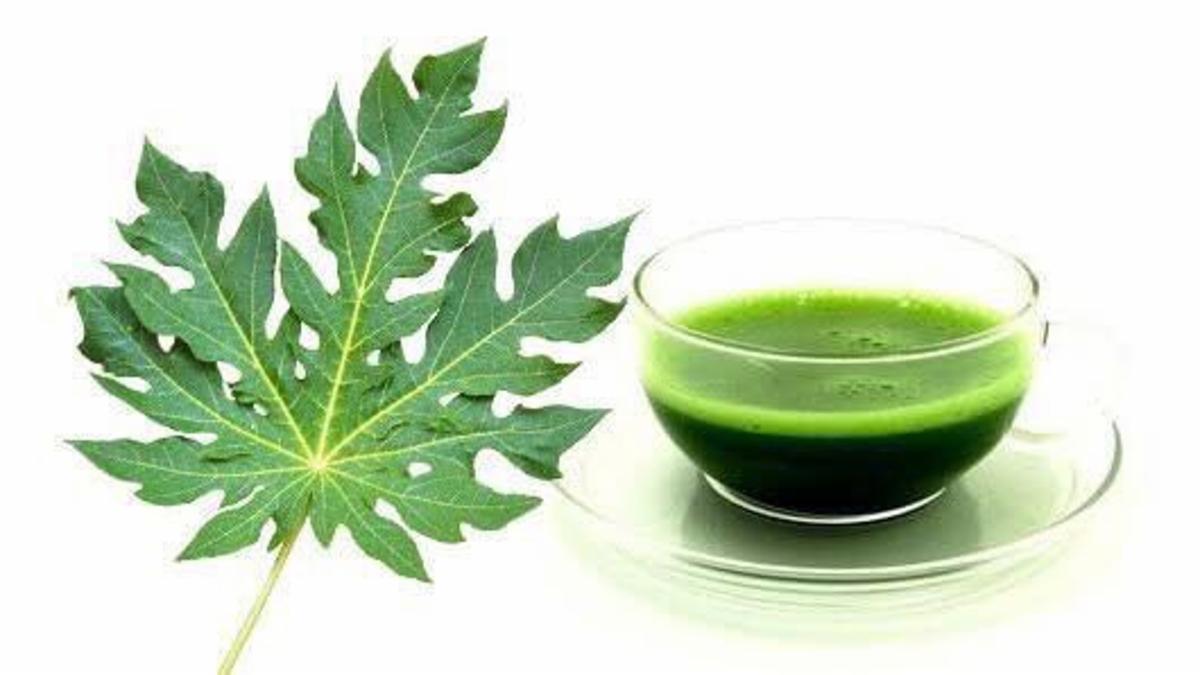Article Body
The global appetite for herbal medicine to boost immunity has hit an all-time high, catalyzed by pandemic anxieties and a swelling wave of new scientific studies. From the bustling markets of Mumbai to the shelves of Whole Foods in New York, demand for traditional herbs like Echinacea, ginger, turmeric, and ginseng is exploding—driven by research findings, official health advisories, and age-old tradition.
Scientific Evidence Emerges
Recent reviews in peer-reviewed medical journals highlight that consumption of botanicals such as Echinacea purpurea, Withania somnifera (ashwagandha), Ocimum sanctum (tulsi), and Zingiber officinale (ginger), among others, can significantly improve immune response. According to a 2023 review published in the National Institutes of Health database, standardized extracts of these herbs have demonstrated increased immune cell activity and cytokine production, enhancing both innate and adaptive immunity.
“Ginseng and Cordyceps have well-documented data supporting their effect on strengthening immune responses in healthy and at-risk populations,” says Dr. Anjali Mehta, a clinical immunologist in Bengaluru.
Popular Herbal Recipes Go Viral
Traditional recipes, such as Ayurvedic kadha and homemade immune-boosting teas, are trending worldwide. Interest in concoctions made with ginger, turmeric, tulsi, cinnamon, clove, and black pepper has soared. In India alone, Google Trends reported a 300% increase in searches for “immunity drink recipes” between 2020 and 2022. Health authorities have published easy-to-prepare guidelines:
Example – ayurvedic immunity-Boosting Kadha:
-
1 tsp cardamom
-
1 tsp cinnamon
-
1 tsp dried ginger
-
1 tsp black pepper
-
3 cups water
-
Boil and reduce by one-third; sweeten with honey if desired.
Facts & Figures
-
Clinical studies show certain herbal extracts like Echinacea can reduce the frequency and duration of upper respiratory infections by up to 58% in some populations.
-
In controlled trials, fermented red ginseng extract was found to increase IgA and IgG levels, crucial for immune defense.
-
Cordyceps militaris supplementation demonstrated a 38.8% increase in NK (natural killer) cell activity within eight weeks.
Official Statements
The World Health Organization (WHO) continues to fund research into the role of traditional medicine in public health, stating in 2023, "There is strong potential in integrating validated herbal remedies into strategies to boost population immunity, provided they are used responsibly and supported by evidence."
Real-World Voices
Consumers are eager and vigilant. Meera Nair, 34, from Kochi, shares: “During COVID, everyone in my family took turmeric and ginger tea daily. We feel healthier—but only after reading that science supports these old traditions.”
Conclusion
With scientific validation catching up to tradition, herbal medicine is enjoying its moment in the sun. Demand is likely to remain strong, as both researchers and the public seek nature-based solutions for resilient health. As Dr. Mehta puts it: “When evidence and experience go hand in hand, everybody wins.”


Comments